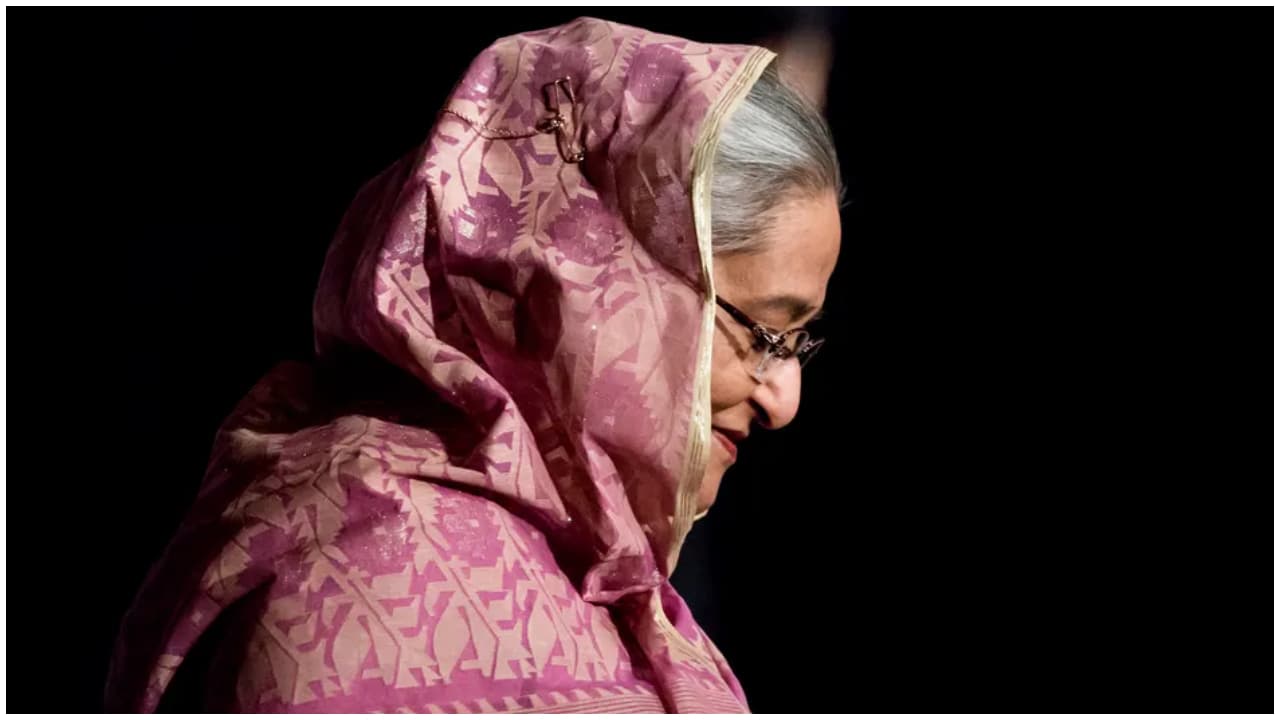A Dhaka tribunal convicted former Bangladesh PM Sheikh Hasina of crimes against humanity. The ruling holds her responsible for a violent crackdown on student protesters during the July 2024 uprising, which killed around 1,400 people.
In one of the most dramatic turns in Bangladesh’s political history, a Dhaka tribunal on Monday (November 17) convicted former Prime Minister Sheikh Hasina of crimes against humanity, holding her responsible for the brutal crackdown during the July 2024 uprising that ultimately forced her from office.
The three-member International Crimes Tribunal (ICT), led by Justice Md Golam Mortuza Mozumder, spent hours reading from its 453-page judgement, a document that now stands as the most serious legal indictment ever made against the 78-year-old leader who dominated Bangladesh politics for over a decade and a half.
A Nation’s Anguish Recorded in 453 Pages
According to the judgement, around 1,400 people were killed and 24,000 injured during the month-long unrest, much of it students demanding accountability and reforms. Judges described the casualties not as unintended fallout, but as the consequence of orders from the very top.
They alleged that Hasina’s administration used firearms, live ammunition, and even helicopter-mounted operations to disperse crowds, tactics more reminiscent of wartime suppression than civil unrest.
One judge cited an alleged phone conversation between Hasina and the former mayor of the South Dhaka Municipal Corporation, in which Hasina supposedly approved the use of helicopters against demonstrators.
‘Enemies of the State’: Words That Fueled the Fire
The verdict also dwells heavily on Hasina’s own public remarks. Her now-infamous Razakar comment, made at the height of the protests, was highlighted as a turning point that further inflamed tensions.
The judges said these statements sent a signal that dissenters were not just critics, but “enemies of the state.” This, they argued, legitimised the aggressive tactics used by security forces on the ground.
Her comments at the July 14 press conference, where she allegedly belittled student protesters, were also noted as contributing to the violence that followed.
The Accused: One Fled, One Hid, One Turned Approver
Hasina was not the only name on the charge sheet. Former home minister Asaduzzaman Khan Kamal and former police chief Chowdhury Abdullah Al-Mamun were also accused of orchestrating the crackdown.
Hasina and Kamal, both declared fugitives, were tried in absentia. Mamun initially faced trial but later turned approver, providing testimony that the court said helped establish the chain of command during the crackdown.
Chief Prosecutor Mohammad Tajul Islam described Hasina as the “mastermind and principal architect” of the violence.
Witnesses Speak of Fear, Loss, and Survival
Over 28 working days, the tribunal heard from 54 witnesses, students who fled gunfire, families who lost children, doctors who treated back-to-back casualties, and even officials who described the pressure they faced during the crackdown.
For many, the verdict was the first official acknowledgment of their suffering.
Hasina’s Flight and a Nation in Limbo
Hours before her government fell on August 5, 2024, Hasina fled Bangladesh. She has since been living in India, where Kamal is also believed to be sheltering. The interim government led by Nobel laureate Muhammad Yunus has formally sought her extradition, but New Delhi has yet to respond.
Meanwhile, her supporters insist the case is politically motivated, a claim the court rejected, saying its judgement was based on evidence, testimony, and the scale of the violence documented.
Tension in Dhaka as Security Tightens
As the verdict was announced, Dhaka braced for potential unrest. The city’s police commissioner, Sheikh Md Sajjat Ali, issued shoot-at-sight orders against anyone involved in violence, arson, or attacks on police.
